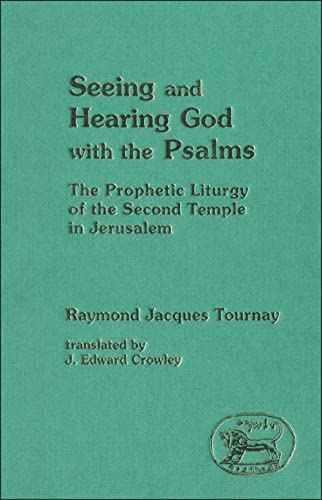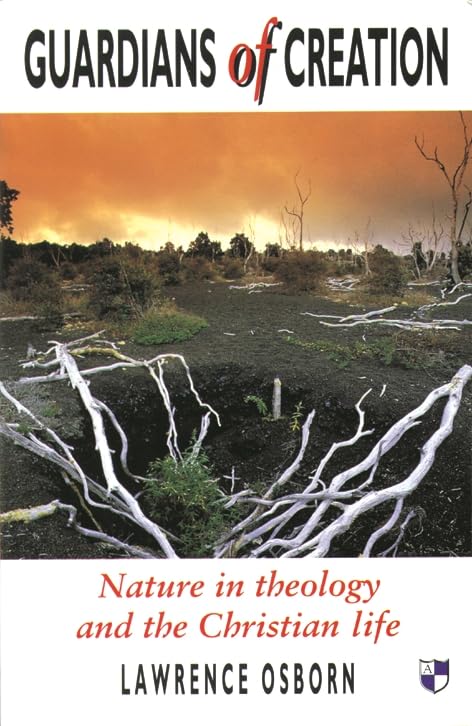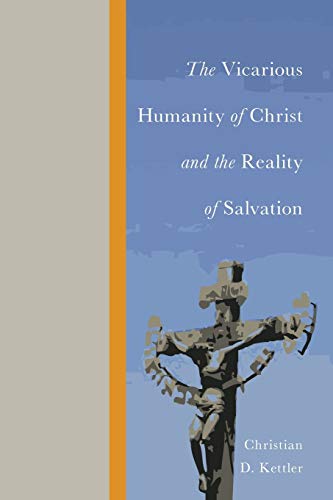Caring for Creation: A Christian Way Forward
Written by Chris C. Park Reviewed By Ian SmithThis book, written by an academic geographer for an uninitiated audience, seeks to provide the theological basis for a Christian perspective on the natural environment. The author adopts the standard principle of responsible stewardship as the key to a balanced biblical position on environmental ethics.
The issue certainly merits attention. Given the global scale of the environmental crisis, the escalating rates of resource degradation, and the ecological uncertainties and irreversibilities, Chris Park argues that there are legitimate grounds for all Christians to display a serious and urgent interest in the state of God’s world.
The author laments that evangelicals are sometimes reticent to involve themselves in Green affairs. This is partly due to the pluralistic spirituality of a Green movement which displays pantheistic tendencies, drawing on Oriental religions, ancient paganism and the New Age movement. The diversity of religious influences reflects a general recognition that the roots of the environmental crisis are fundamentally spiritual in character. Christians likewise acknowledge that environmental damage is a material symptom of wrong attitudes, values and motives tainted by human sinfulness.
But, as Park points out, for many writers it is Christianity itself which has generated attitudes and justified behaviour leading to environmental abuse. Informed by the well-known thesis of medieval historian Lynn White, it is claimed that the historical roots of the contemporary ecological crisis lie in an arrogantly anthropocentric Christian tradition that mandates a tyrannical dominion over nature. In particular, the Genesis creation accounts are interpreted as fostering an excessively exploitative attitude towards the natural world. Moreover, Christian values can be cited as indirectly contributing to environmental damage through the impetus they gave to the development of science and the process of industrialization. Chris Park confronts this ‘Christianity is to blame’ hypothesis and cogently refutes it.
The author interprets the commands to subdue the earth and to rule over all living creatures (Gn. 1:28) in terms of stewardship: the rest of creation is subordinate to man, but that does not license excessive exploitation. Textual support for the stewardship approach is assembled from the Mosaic Law. However, he then asserts, but does not demonstrate, that responsible stewardship has functioned as orthodox doctrine throughout Christian history. Now although Park highlights the activities of some Christian friends of the earth down the ages, this does not constitute proof that the Genesis creation narratives were interpreted in terms of the stewardship motif throughout the common era.
At several points Park also espouses the view that the creation is inherently valuable since it constitutes divine handiwork. The neglect of the intrinsic worth of creation is for Park, as for deep Greens, a key wrong value responsible for the misuse of environmental resources. The assumption of inherent value is a contentious one and it might be unwise to place too much weight here. The least that can be said is that we do not require intrinsic value to be attributed to the environment in order to derive a stewardship principle.
So what, in practice, does trusteeship of the environment imply? Park does outline some unobjectionable consequences for Christian lifestyle, but declines to spell out the implications for company behaviour or national environmental policy. The only references at this level are to nuclear power and genetic engineering, which are both swiftly rejected because they radically alter God’s created order. Unfortunately, it is not obvious how the stewardship principle can be effectively operationalized. How much pollution, for example, is optimal on the basis of this principle?
There are two minor slips in the text. The environmentally friendly quote from Indian Chief Seattle (p. 79) has been exposed as a recent fabrication. And students of Greek may be surprised to learn that the term ‘pleonexia’ was only coined in 1974 (p. 173).
Overall, the book is stimulating, well presented and provides extensive references to the literature.
Ian Smith
St. Andrew’s University






